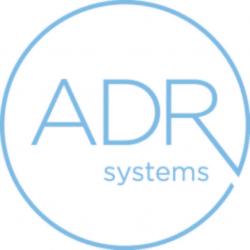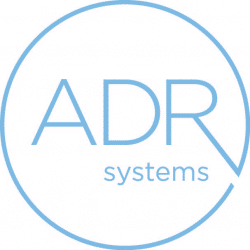Some mandatory arbitration programs and dispute resolution providers appoint an arbitrator or arbitrators to adjudicate a dispute – sometimes one whose resume is not tailored to hearing a certain type of case. Appointments may be made by random selection, from a list in alphabetical order or based on combined years of experience (in the case of a panel). Practical reasons exist for this take-what-you-get approach, but we believe greater value is gained by selecting the arbitrator you know you need and choosing one who once served on the bench. Let us explain.
Knowledge and Experience
Retired judges automatically bring to the table a deep reservoir of knowledge and experience. On the bench, they ruled on motions, managed proceedings, wrote reasoned opinions, and demonstrated their fidelity to fairness.
As prospective arbitrators, therefore, retired judges have accrued something akin to “quality assurance”: They have the practical knowledge of adjudicating cases. Additionally, their public resumes detail their areas of expertise, which is invaluable when choosing an arbitrator – the right arbitrator.
Having an arbitrator with subject-matter knowledge and practice-area experience relevant to your case is often a game changer in arbitration proceedings. When you choose your arbitrator, you are choosing someone that must understand the issues surrounding the case—someone that knows what they are doing.
Affinity and Connection
How you and your client feel about your arbitrator matters. Connection is consequential because, while it will not sway an arbitration’s outcome, it begets trust: Trust that the arbitrator understands the case, the people involved and the personal nature of their dispute.
Social science research into the psychology of dispute resolution processes indicates that parties to a dispute feel more comfortable within the process when they share some affinity or commonality with those selected as a neutral. That commonality may entail similarities of experience, temperament, personal background, knowledge base and more that give parties confidence that they are being understood, regardless of ultimate outcome. Furthermore, that parties feel they are understood means they believe that they are being heard and that they have had their proverbial “day in court,” their chance to tell their story—what dispute resolution scholars have called “Voice.”
To be sure, being able to choose an arbitrator with relevant subject-matter knowledge supersedes connection with that arbitrator. Even so, an arbitration award is rooted in the understanding of a story, and any party would want someone they know has understood the stories of many similar cases before their own – whether as a lawyer in past arbitrations or, especially, on the bench.
Procedural Justice
Knowledge, experience, affinity, and connection all dovetail to create arbitrations that exist to resolve disputes in the “shadow of the rule of law,” a phrase coined by legal scholars to describe the adjacent nature of alternative dispute resolution: That mediations and arbitrations must mirror the “procedural justice,” or fairness, of the court system in order to be reputable, legitimate recourses.
Procedural justice assessments in alternative dispute resolution often involve four criteria:
- Voice: that the parties had the chance to tell their story
- Neutrality: that an impartial facilitator or decision-maker lead the proceeding and behaved in consistent, transparent ways
- Trustworthiness: that the parties believe their neutral was “sincerely trying to do what was right and was motivated to do what was good for the people involved”
- Courtesy and Respect: that the parties were treated with dignity and fairness as individuals and that their case and their rights were respected
Retired judges lend weight to an arbitration proceeding. Their time as jurists bespeak their ability to manage the adjudicatory process respectfully and impartially. They do this within the confines of procedural rules while serving as the listening ear of multiple parties on countless cases. In short, retired judges bring with them the very qualities that produce an efficient and effective arbitration hearing.
Alternative dispute resolution proceedings are at their best when the parties customize them to suit the specific needs of their case. Preeminent among them is the need for the right arbitrator. Parties should seek out the “right fit” for both sides. Very often, they will find it in a retired judge.
Learn more about our neutrals.
ADR Systems, It’s Settled. ®




